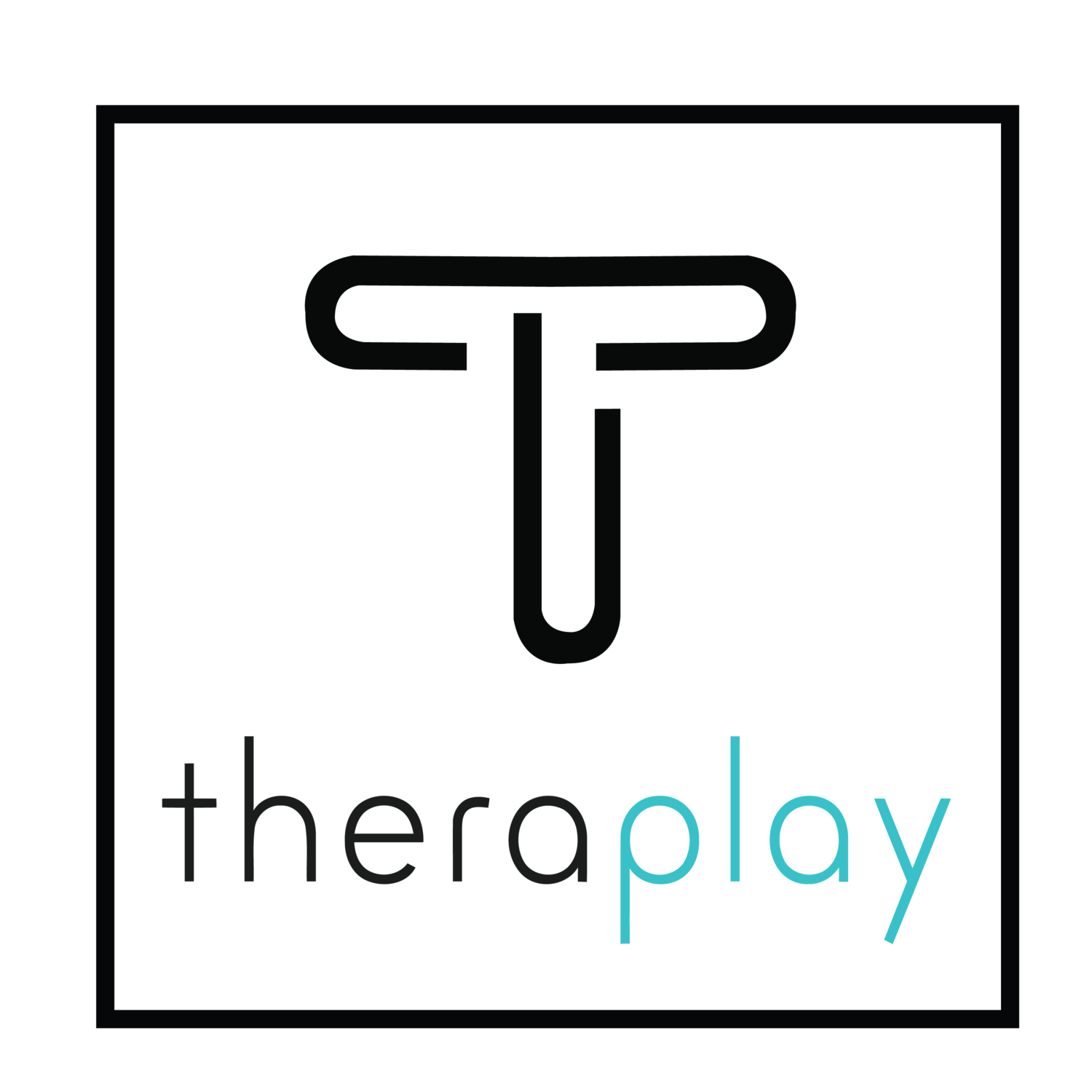The Vital Connection: Understanding the Importance of Blood Pressure for Speech Pathologists
As a speech pathologist, my daily work revolves around helping individuals overcome communication disorders and difficulties. From children with speech delays to adults recovering from strokes, my role is to improve their ability to articulate and express themselves effectively. However, what many people may not realize is the significant impact that blood pressure can have on speech and communication. In this blog post, I aim to shed light on the crucial connection between blood pressure and speech, emphasizing its importance in our field of expertise.
The Link Between Blood Pressure and Speech:
Blood pressure plays a vital role in the overall health and function of our bodies. It is the force exerted by circulating blood against the walls of blood vessels, and it helps ensure that oxygen and nutrients are delivered efficiently to all our organs, including the brain. When blood pressure is either too high (hypertension) or too low (hypotension), it can have noticeable effects on speech and language abilities.
Effect of High Blood Pressure (Hypertension) on Speech:
High blood pressure can have adverse effects on speech and communication due to its impact on the brain and blood vessels. It increases the risk of cerebrovascular incidents, such as strokes, which can lead to language impairments like aphasia. Aphasia affects a person's ability to comprehend and produce language, causing difficulties in speaking, understanding, reading, and writing. As speech pathologists, it is essential for us to recognize the signs of high blood pressure and work collaboratively with medical professionals to manage and reduce its impact on our patients' communication skills.
Effect of Low Blood Pressure (Hypotension) on Speech:
On the other end of the spectrum, low blood pressure can also influence speech and language abilities. Hypotension can cause reduced blood flow to the brain, leading to lightheadedness, dizziness, and even fainting. These symptoms can affect a person's ability to articulate words clearly and may result in slurred speech or difficulties finding the right words. It is crucial for speech pathologists to be aware of these manifestations and work with individuals experiencing hypotension to minimize its impact on their speech and communication.
Blood Pressure Management Strategies for Optimal Speech:
Collaboration with Healthcare Professionals: As speech pathologists, it is crucial for us to collaborate with other healthcare professionals, such as physicians and cardiologists, to ensure that our clients' blood pressure is well-managed. By working as a team, we can address potential speech-related concerns that may arise due to blood pressure fluctuations.
Education and Awareness: Part of our role as speech pathologists is to educate individuals about the importance of maintaining a healthy blood pressure level. By promoting awareness, we can empower our clients to make positive lifestyle changes, such as adopting a balanced diet, engaging in regular exercise, and managing stress effectively.
Monitoring and Evaluation: During assessments and therapy sessions, speech pathologists should be mindful of any signs or symptoms that may indicate blood pressure irregularities affecting speech. Regular monitoring and evaluation of blood pressure can help identify potential issues early on, allowing for timely intervention and treatment.
As speech pathologists, we must recognize the critical connection between blood pressure and speech. By understanding the impact of both high and low blood pressure on communication abilities, we can better support our clients in their journey toward improved speech and language skills. Collaboration with healthcare professionals, education and awareness initiatives, and diligent monitoring and evaluation are essential steps in managing blood pressure effectively to ensure optimal communication outcomes for our clients. Together, let's continue to explore the interconnectedness of health and communication, empowering individuals to communicate with confidence and clarity.

